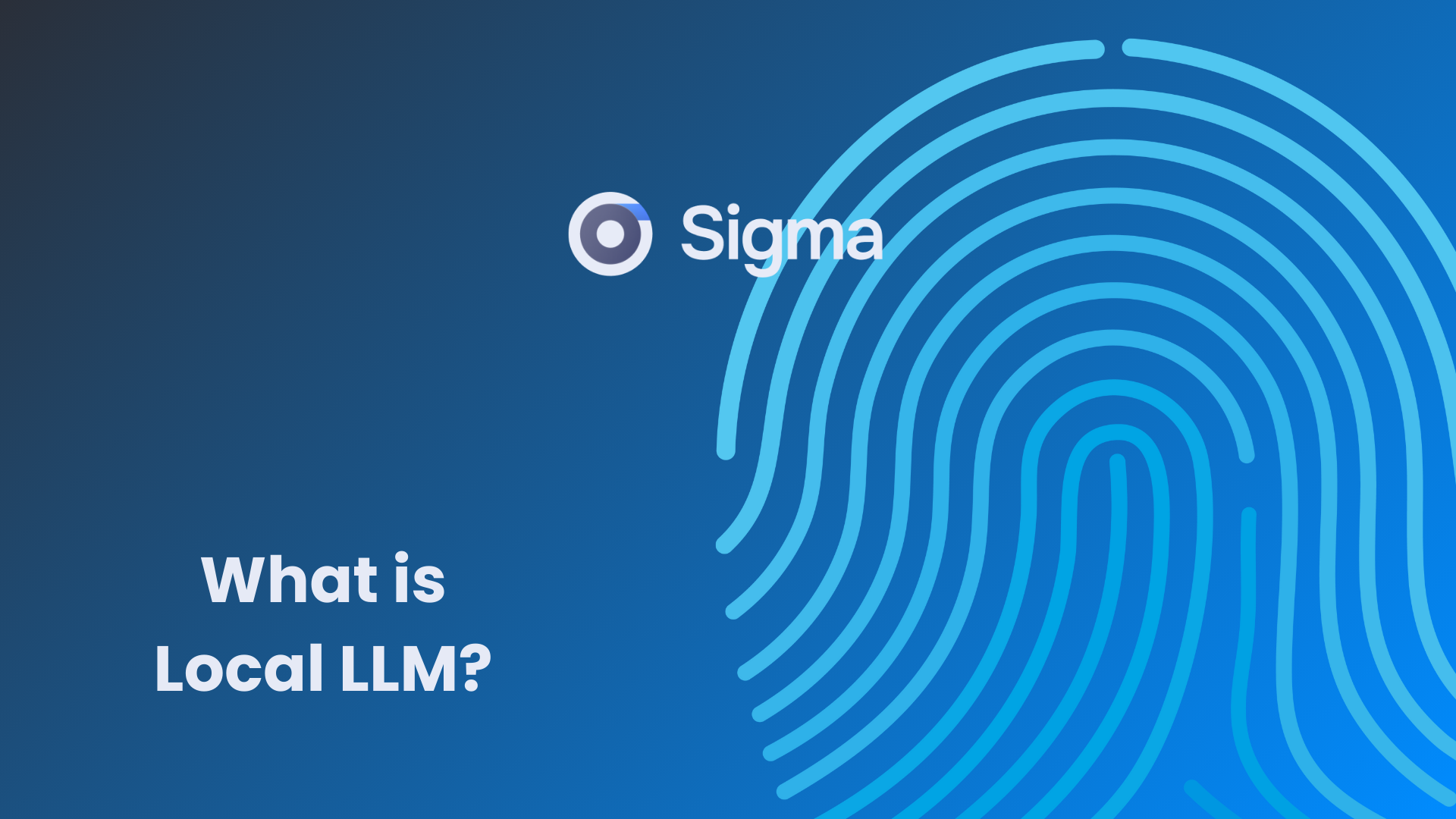The Quiet Revolution of AI Budget Planners: From Numbers to Self-Awareness
Budgeting used to be simple — or at least, we thought it was. Spend less than you earn, save a bit, don’t buy too many gadgets you don’t need. Easy, right? Except, somewhere between subscription renewals, hidden fees, and those "one-time" impulse buys, personal finance turned into a full-time job.
And here’s where it gets interesting: AI budget planners aren’t just solving money problems. They’re reshaping how we think about value, habits, and even self-control.
Yeah, it’s that deep.
This isn’t a story about another finance app. It’s about how AI agents, like the one inside the upcoming Sigma AI Browser, are quietly teaching us more about ourselves than most personal finance books ever did.
We Don’t Have a Money Problem — We Have a Behavior Problem
Let’s be brutally honest: we don’t overspend because we can’t do math. We overspend because we’re human.
We forget, we rationalize, we see a “20% off” tag and suddenly think buying something is saving money. Traditional budgeting apps never understood that — they tracked transactions but not context. They made charts, not insights.
AI, though? It learns your patterns. It sees when you tend to splurge (usually late at night or right after payday). It knows when you’re stressed, distracted, or just “doom-shopping.” And instead of judging, it adapts.
It’s like having a therapist who also happens to be your accountant.
The Rise of Financial Self-Awareness
The best AI budget planners don’t just tell you what you spent — they show you why.
They might say, “Hey, you spent 22% more on food delivery this month than usual,” but then they’ll also connect that to an increase in late-night browsing or canceled gym visits.
Creepy? Maybe. Useful? Absolutely.
And that’s the point. AI tools like those built into Sigma’s upcoming browser aren’t just automating tasks; they’re mirroring our habits back to us, sometimes more honestly than we’d like.
This is financial self-awareness on autopilot.
The Agentic Shift: When Your Browser Becomes Your Budget Partner
Let’s talk about browsers for a second.
They’re where your financial life actually happens: your banking, your shopping, your subscriptions — everything starts in a tab.
So why do we still rely on external apps to track spending that originates inside our browsers?
That’s exactly what the Sigma AI Browser is trying to change. Instead of forcing users to export data or copy-paste receipts, Sigma’s built-in AI agent observes spending behavior directly in the environment where it occurs.
You don’t have to feed it data. It sees the data — securely, privately — as you go about your digital life.
The result? A budgeting experience that’s passive, contextual, and dare I say it — kind of effortless.
The Subtle Psychology of AI Money Tools
What fascinates me most isn’t the automation — it’s the nudging.
AI agents don’t scold you; they guide you.
A well-designed AI doesn’t say, “Stop wasting money.” It says, “Would postponing this purchase help you hit your savings goal faster?”
That subtle reframe changes behavior without resistance.
And when it’s happening inside your browser, the feedback loop is instant. You don’t have to check an app later — the insight appears where your decisions happen.
Privacy vs Personalization: The Balancing Act
Every time someone mentions “AI” and “finance” in the same breath, the privacy alarms go off — and for good reason.
The best systems (and Sigma’s approach is one example) are moving toward local-first processing, meaning your financial insights are generated right on your device, not shipped off to random servers.
So yes, you get hyper-personalized feedback — without feeling like you’ve just handed your soul to the algorithmic gods.
The Bottom Line
The future of budgeting isn’t about apps — it’s about awareness.
AI budget planners are less about tracking your money and more about understanding your relationship with it.
They bring logic to emotion, automation to intention, and, occasionally, a gentle reminder that no, you really don’t need that new smartwatch.
And as we move toward a world of agentic browsers like Sigma AI Browser, budgeting will stop being a separate task entirely.
It’ll just… happen.
Quietly. Intelligently. And maybe, for the first time ever — without guilt.
FAQ
1: Isn’t AI too complicated for personal finance?
Nope. The best ones don’t feel “AI” at all — they just work quietly in the background.
2: Can an AI really understand my spending habits?
Not perfectly, but better than most of us understand ourselves. It spots trends you’d miss.
3: Will this replace financial advisors?
Not yet — but it’ll make you a much smarter client when you talk to one.
4: Does it actually make saving easier?
Yes. By automating awareness. You save not by force, but by frictionless, informed choices.






.png)

.avif)



